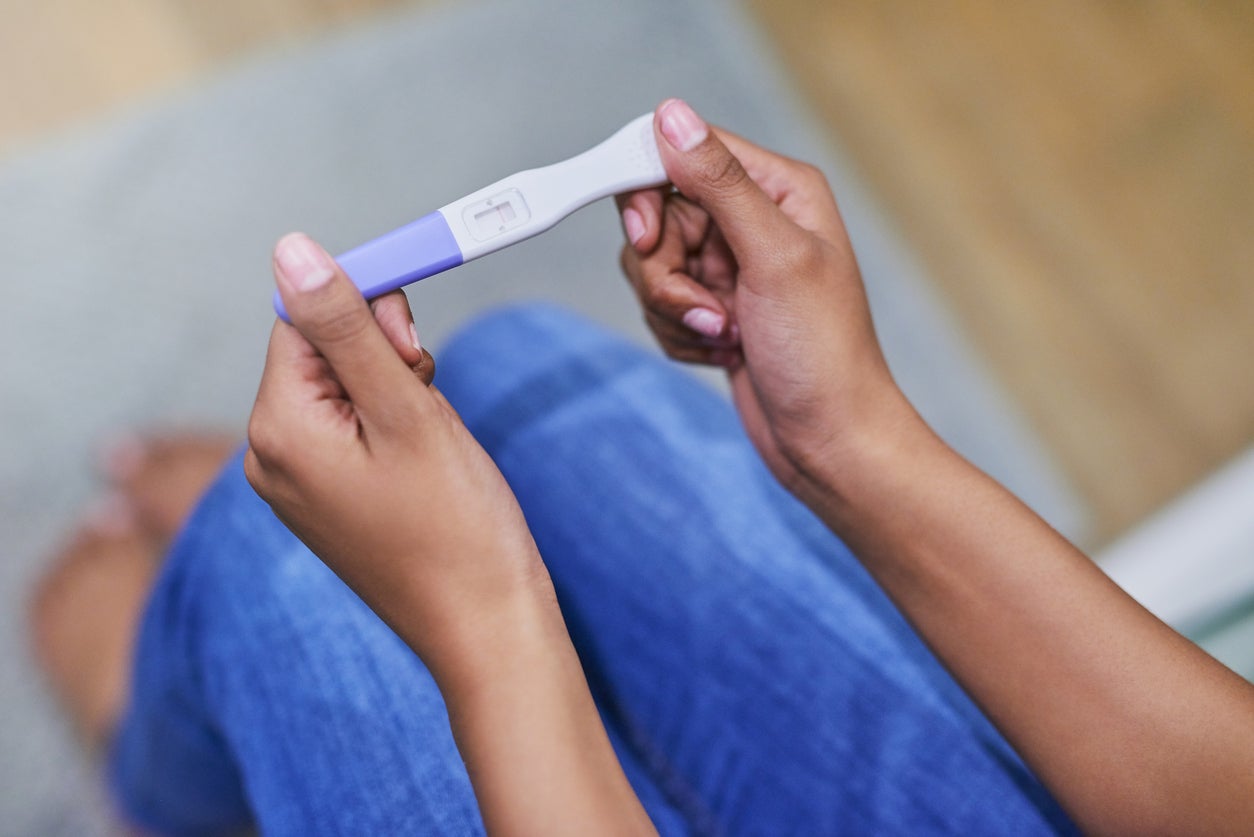4.3 million lives could be saved each year by 2035 by ‘investing in midwives around world’
‘There is serious and longstanding under-investment in international-standard midwifery,’ says expert

Proper investment in midwives around the world could save 4.3 million lives each year by 2035, a new study has found.
The report, carried out by The Lancet Global Health journal, discovered around two thirds of maternal deaths, newborn deaths and stillbirths could be stopped by 2035 if midwifery healthcare standards were improved.
It is not solely the number of midwives that must increase, but also their education, training programmes, and working conditions that need to be overhauled, researchers noted.
Dr Andrea Nove, the report’s lead author, said there are a number of key obstacles to improving midwifery services in low to middle-income countries.
She added: “These include inequitable distribution of qualified midwives, poor transport links, lack of supplies and equipment and, in some countries, a lack of trust from the public. There is need for greater recognition of the importance of supporting and enabling this service to reach its potential.”
Maria Najjemba, one of the report’s authors, said midwives — particularly in developing countries — are at the heart of primary healthcare.
She added: "They provide support along the continuum of care, from promotion to prevention, treatment and rehabilitation, to end-of-life care. Midwives play key roles in empowering clients, facilitating teamwork across disciplines, and providing client-centred care. Scaling up midwife-delivered interventions can be a game-changer that will give midwives the much-needed confidence to reach everyone and provide quality care to reduce maternal and neonatal mortalities.”
Professor Mary Renfrew, a midwife who specialises in maternity care at the University of Dundee, said: “These new findings build on and strengthen existing evidence on the impact of quality midwifery care in averting deaths and improving health and wellbeing outcomes.
“They should command the attention of the global community in the same way that a new drug or innovative technical intervention would. There is serious and longstanding under-investment in international-standard midwifery. Gender, social, professional, and economic disempowerment of midwives and the women they care for all contribute to this.”
An estimated 2.8 million pregnant women and newborns die every year — with one dying every 11 seconds due to factors that were generally preventable — around the world prior to the Covid-19 outbreak.
Campaigners previously told The Independent that the coronavirus emergency will lead to pregnant women and newborn babies needlessly dying from preventable causes during childbirth.

Join our commenting forum
Join thought-provoking conversations, follow other Independent readers and see their replies
Comments